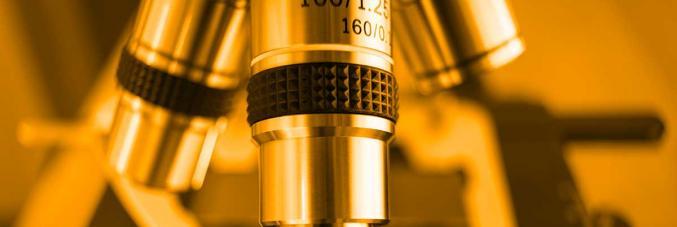
A mechanism in the human gut could change the therapeutic approach to prostate cancer
11.10.2021
A mechanism in the human gut could change the therapeutic approach to prostate cancer according to the research led by Andrea Alimonti and conducted by an international team that includes young researchers from VIMM, the IOR, and the Institute of Cancer Research in London. Prof Almonti is a Full Professor of the Department of Medicine of the University of Padua, Principal Investigator of the Veneto Institute of Molecular Medicine (VIMM), and Group Leaders at the Oncological Research Institute (IOR) in Bellinzona, Switzerland.
Prostate cancer is the most frequent malignancy in men, and its incidence is increasing. Male hormones (androgens) are the main factor among those that stimulate the growth of this tumor, and for this reason - in cases that require treatment - drugs that block the production of androgens are used.
However, while the initial stage of this type of treatment manages to block the disease, the tumor often becomes resistant over time. The prognosis of this form of castration-resistant prostate cancer then becomes worse. The research group identified a new mechanism linked to gut microbiomes that makes this form of prostate cancer resistant to anti-androgen therapy. The published research describes how a complex population of a trillion microorganisms living in our gut influences the mechanisms that regulate the biological balance of our body.
The research revealed that the enrichment of a particular bacterial species in the gut microbiome is, in some cases, resistant to anti-androgenic therapies in animal models and human prostate tumor samples.
This discovery could be enormously important for future research as the complex analyses demonstrate the existence in patients of both bacteria that favor and bacteria counteracting this evolution, thus creating the conditions for a better or worse prognosis.
"Our discovery opens up the possibility of therapeutic strategies, which, thanks to the manipulation of the microbiome, could nullify the development of androgen-producing bacterial species," adds Alimonti.
The article, Commensal bacteria promote endocrine resistance in prostate cancer through androgen biosynthesis was recently published in the journal ‘Science’.



